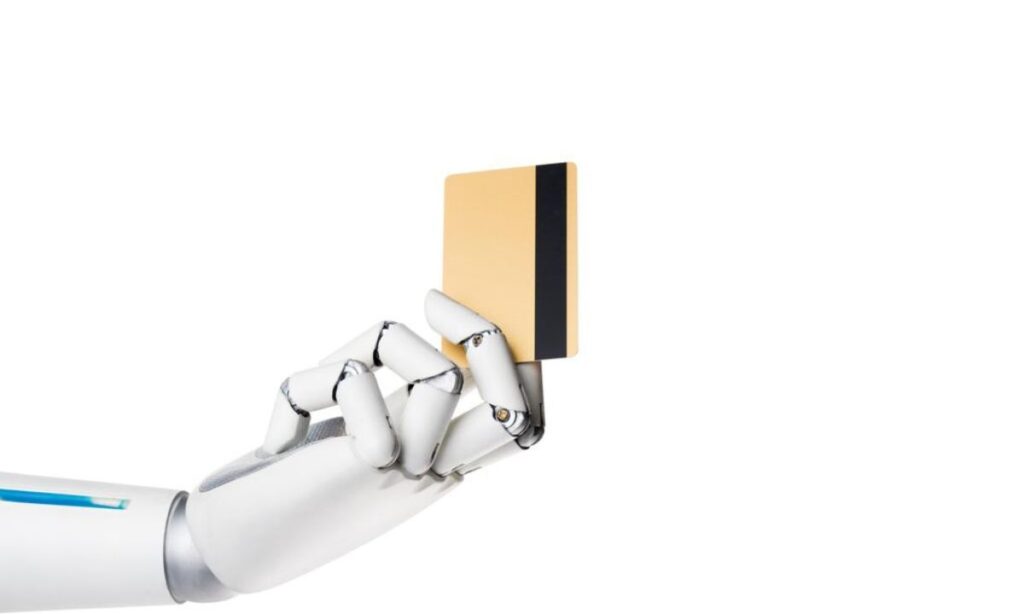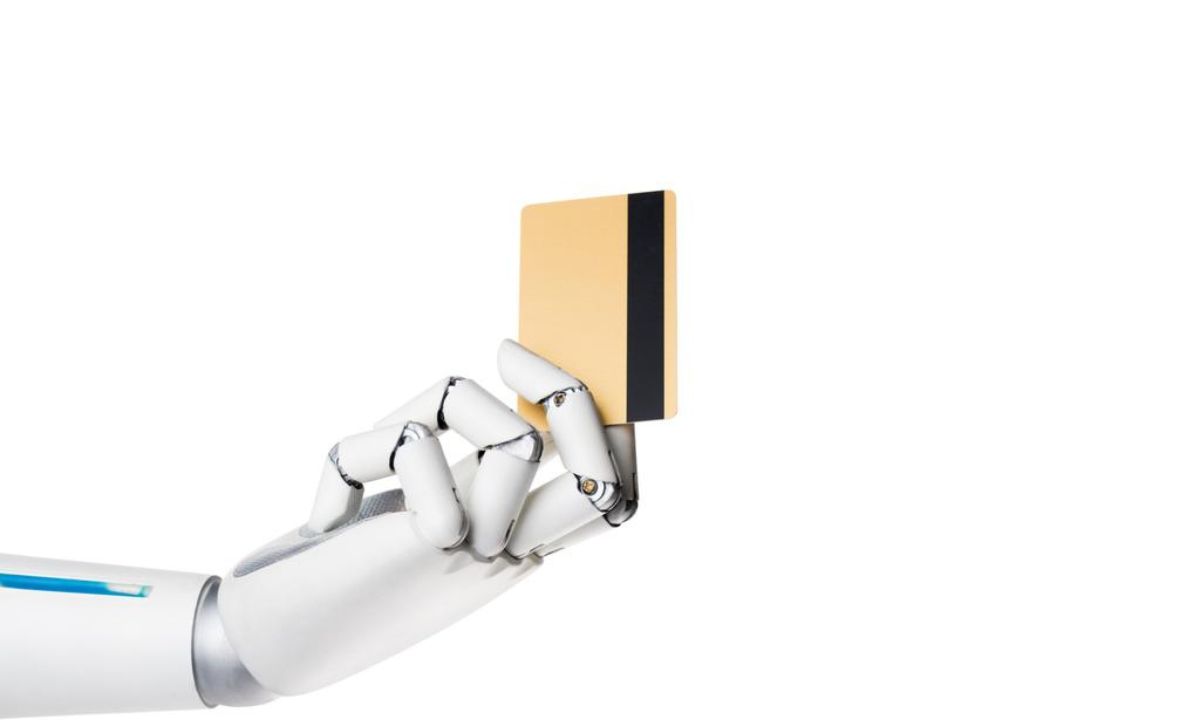
Mastercard has announced an innovative solution enabling the tokenization of Central Bank Digital Currencies (CBDCs) across various blockchains.
The company made the announcement on Tuesday, October 12. The novel technology enhances security, allowing consumers to participate in commerce across multiple blockchains.
This development was part of the Reserve Bank of Australia (RBA) and the Digital Finance Cooperative Research Centre’s (DFCRC) central bank digital currency pilot project. The project’s main objective was to explore the potential applications of a CBDC in Australia.
Security is a key element of this new solution. In this joint project, Mastercard ensured that only authorized parties could hold, use, and redeem the pilot CBDC, safeguarding the integrity and legitimacy of CBDC transactions.
As the digital economy evolves, the demand from consumers to participate in commerce across multiple blockchains is growing. This technology facilitates collaborations between public and private networks in the digital currency sphere.
To showcase this solution, Mastercard conducted a live transaction. The holder of a pilot CBDC used it to purchase a Non-Fungible Token (NFT) listed on the Ethereum public blockchain.
The process involved “locking” the required amount of the pilot CBDC on the RBA’s pilot CBDC platform, then minting an equivalent amount of wrapped pilot CBDC tokens on the Ethereum blockchain.
This groundbreaking development in the world of CBDCs and blockchain technology has extensive potential. It could enhance the interoperability between blockchains securely and safely.
The ability to transfer digital currencies across different blockchains via Mastercard’s network opens up opportunities to participate in crypto ecosystems using reliable and recognized forms of money.
Read Now: Bitcoin under $27K, Ethereum at seven-month low: crypto market struggles

